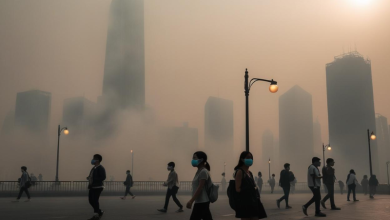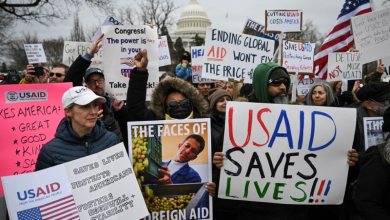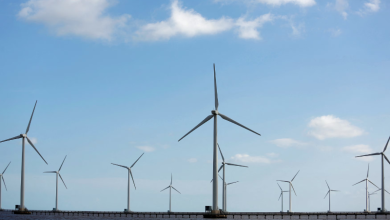Do you feel guilty about your potential child’s carbon footprint?

Is climate change influencing people’s childbearing decisions? Certainly, yes. But how powerful has been its impact so far? Hope Dillarstone, Elaine Flores and Laura Brown from University College London conducted a study to shed more light on the current circumstances.
The researchers analysed research published between 2012 and 2022. They found people having concerns about the raging climate emergency and its brutal consequences typically preferred having few children or no children at all.
Issues such as overpopulation and overconsumption, uncertainty about the future and thoughts about meeting family’s requirements became some of the key factors driving an increasing number of people’s desire for smaller families.
Overpopulation influencing people’s childbearing decisions
How can you plan to have a child now? The question sounds selfish. But it is true that the possibility of global heating reaching a serious 3 degrees Celsius before the end of this century is compelling numerous adults to question the idea of starting a family.
There is a long and problematic history behind the idea of overpopulation. But it is important to emphasise here that it’s not just about how many people are on the planet – it’s also about how sustainably one live. Numbers cannot tell the full picture.
Moreover, the urgency associated with tackling climate change also implies opting not to have children for the sake of Earth is likely to prove ineffective. Even if the fertility rate is dropping, there is still a good number of people of reproductive age in the global population.
The participants of several studies pointed out that more structural solutions, such as drastic reductions in polluting carbon emissions, are immediately needed and promise to be more effective than reducing family size.
How climate change is already affecting reproductive justice
In addition to concerns raised over overpopulation and overconsumption, several people across the globe are also worried their future children may not be able to enjoy nature due to damaged ecosystems. These concerns are understandable.
The UN recently concluded there is only a 14% possibility of humans limiting global heating to the maximum 1.5 degrees Celsius threshold. But in order to have fewer children, people require access to contraception. The supply, however, can be disrupted in times of crisis.
Read More: Panama Canal’s recovery could take years and billions of dollars
In parallel, some adults are considering having more children for labour and financial support. This highlights how climate change is already affecting reproductive justice – the right to have children, to not have children and to parent in safe and healthy environments.



